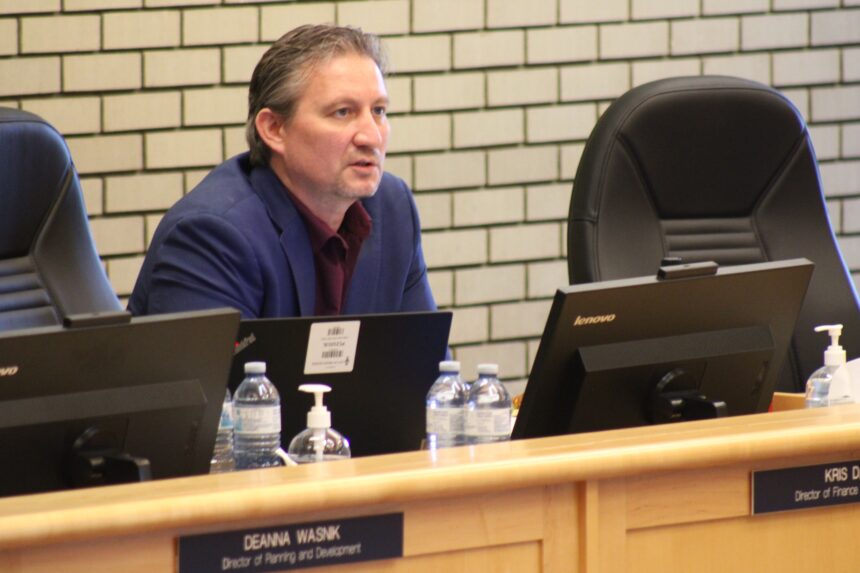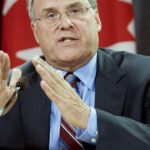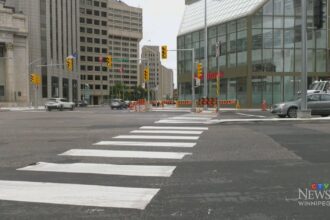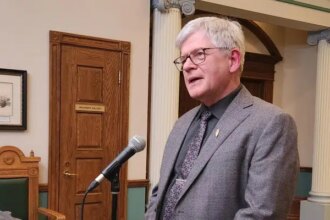In a surprising turn of fiscal events, Prince George’s financial health appears significantly stronger than initially projected. At yesterday’s city council meeting, Finance Director Kris Dalio presented what many residents will consider welcome news—a substantial budget surplus of $3.2 million for the 2023 fiscal year, representing approximately 1.6% of the city’s $200 million annual budget.
“What we’re seeing is the result of both operational efficiencies and some unexpected revenue streams,” Dalio explained to council members and attendees. “While a surplus is generally positive, it’s important to understand what drove these numbers before making decisions on allocation.”
The surplus stems from several key factors, according to the detailed financial report. Approximately $1.2 million came from vacancy savings across multiple city departments, where positions remained unfilled longer than anticipated. Another $850,000 resulted from higher-than-expected investment returns, while about $650,000 came from building permit revenues that exceeded projections as development activity outpaced forecasts.
The remaining surplus derived from various smaller operational savings and revenue increases across departments.
This development has sparked immediate debate among council members regarding how to utilize these unexpected funds. Councillor Simon Weber advocated for infrastructure investment, pointing to the city’s ongoing challenges with road maintenance and aging water systems.
“We have an opportunity to address critical infrastructure needs without additional borrowing,” Weber noted during the discussion. “Our residents would benefit directly from improvements to services they use daily.”
Meanwhile, Councillor Amelia Richardson suggested the surplus should primarily be directed toward the city’s reserve funds, which have been depleted following several challenging budget cycles.
“Building our financial resilience should be the priority,” Richardson countered. “The next economic downturn or emergency situation will test our preparedness, and we need adequate reserves to weather those storms.”
City Manager Walter Bourne emphasized that Prince George isn’t alone in seeing improved financial results. “Several municipalities across British Columbia have reported similar outcomes,” Bourne said. “The post-pandemic economic rebound has generated stronger revenues than many anticipated, though we should remain cautious about assuming this represents a new normal.”
The financial director’s report included recommendations for allocating the surplus, suggesting a balanced approach with 40% directed to infrastructure projects, 40% to reserve funds, and 20% to property tax relief for the upcoming fiscal year.
The final decision on surplus allocation rests with city council, which has scheduled a special budget workshop next month to finalize plans. Mayor Andrea Fernsby has invited public input before that meeting.
“These are essentially taxpayer dollars we’re discussing,” Fernsby reminded council. “Before making any decisions, we need to hear from residents about their priorities.”
Financial analysts watching municipal budgets across Canada note that while surpluses represent positive short-term news, they also raise questions about budget accuracy and whether municipalities are collecting more revenue than necessary from taxpayers.
As Prince George residents absorb this unexpected financial windfall, the fundamental question remains: in a city facing infrastructure challenges, affordable housing shortages, and economic diversification needs, what represents the most responsible use of these unallocated funds—immediate relief, long-term investment, or financial security for the uncertain future ahead?
























